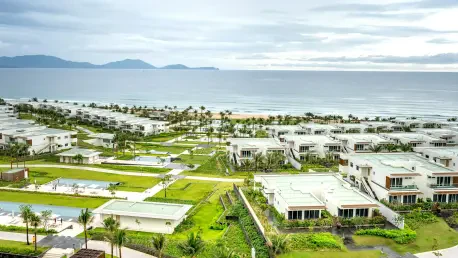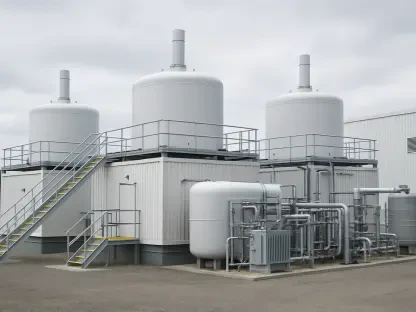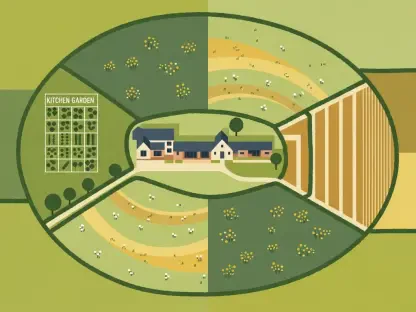The intersection of luxury hospitality and sustainability has emerged as a compelling focus for hotels worldwide, aiming to meet the increasing demand for eco-conscious travel without sacrificing comfort and high-end experiences. Recent years have shown a paradigm shift as travelers become more discerning, seeking destinations that promise not only opulence but also a responsible commitment to environmental stewardship. Balancing luxury with sustainability is a complex challenge that requires innovative approaches and significant investment. Whether it’s the implementation of energy-efficient technologies or the procurement of sustainably sourced materials, hotels must navigate numerous considerations to meet guest expectations. These efforts not only enhance guest satisfaction but also contribute to broader environmental goals. This delicate balance is not merely an operational challenge but a fundamental reimagining of hospitality philosophy, as properties strive to integrate both elements harmoniously, reflecting changing industry standards and consumer priorities.
The Commitment to Active Sustainability
Fairmont Kea Lani in Wailea has emerged as a prominent example of a hotel that embraces cutting-edge sustainability while maintaining luxurious appeal. Achieving LEED Silver certification signifies its dedication to environmentally responsible practices, distinguishing it as a leader in eco-friendly hospitality. Central to its mission are sustainable site development, energy conservation, and responsible material selection, emphasizing the integration of green innovation into the guest experience. Essential measures include a notable reduction in energy consumption, with 83% of energy sourced from green power, paving the way for environmental sustainability while sustaining luxury. Further advancements in technology facilitate a 32% reduction in indoor water use through low-flow fixtures and smart systems, demonstrating the resort’s commitment to conservation without compromising guest comfort. The property’s multi-year transformation reflects a holistic approach, showcasing how leading hotels can align prestige with purpose, crafting experiences that are both indulgent and sustainable for discerning travelers.
The concept of “Mauka to Makai” reinforces Fairmont Kea Lani’s respect for Hawaii’s natural resources and cultural heritage, influencing every aspect of its operations. This ideology permeates the hotel’s practices, advocating for a symbiotic relationship between luxury and sustainability that resonates with guests. In terms of material usage, 36% of construction waste has been diverted from landfills, showcasing a comprehensive effort to minimize environmental impact. Employing low-emission materials not only enhances air quality but also promotes a healthier environment for guests and staff. This dedication reflects the resort’s innovative approach to luxury that prioritizes eco-friendly measures without sacrificing quality or comfort. While traditional luxury hotels were primarily defined by opulence, contemporary properties like Fairmont Kea Lani highlight an intrinsic value in sustainability, evolving with the industry and consumer preferences. The synthesis of green practices with cultural insights positions the resort as a benchmark for future hospitality developments, encouraging others to embrace sustainable luxury.
Looking Ahead: Bridging Hospitality and Consciousness
The intersection of luxury hospitality and sustainability has taken center stage for hotels globally, as they strive to cater to the growing demand for eco-friendly travel while maintaining the essence of luxury. There has been a notable shift in recent years, as more travelers now opt for destinations that offer not just luxury but also a deep commitment to environmental responsibility. This balance between opulence and sustainability poses a challenging yet rewarding task, demanding innovative strategies and substantial investment. Hotels are incorporating energy-efficient systems and sourcing materials that are sustainable, among other initiatives, to meet evolving guest expectations. Such endeavors not only enhance guest satisfaction but also align with broader environmental goals. This effort to harmonize luxury and eco-consciousness goes beyond operational tactics; it represents a fundamental rethinking of the hospitality philosophy. Hotels are working to seamlessly integrate these elements, mirroring changing industry standards and the priorities of increasingly eco-aware consumers.









